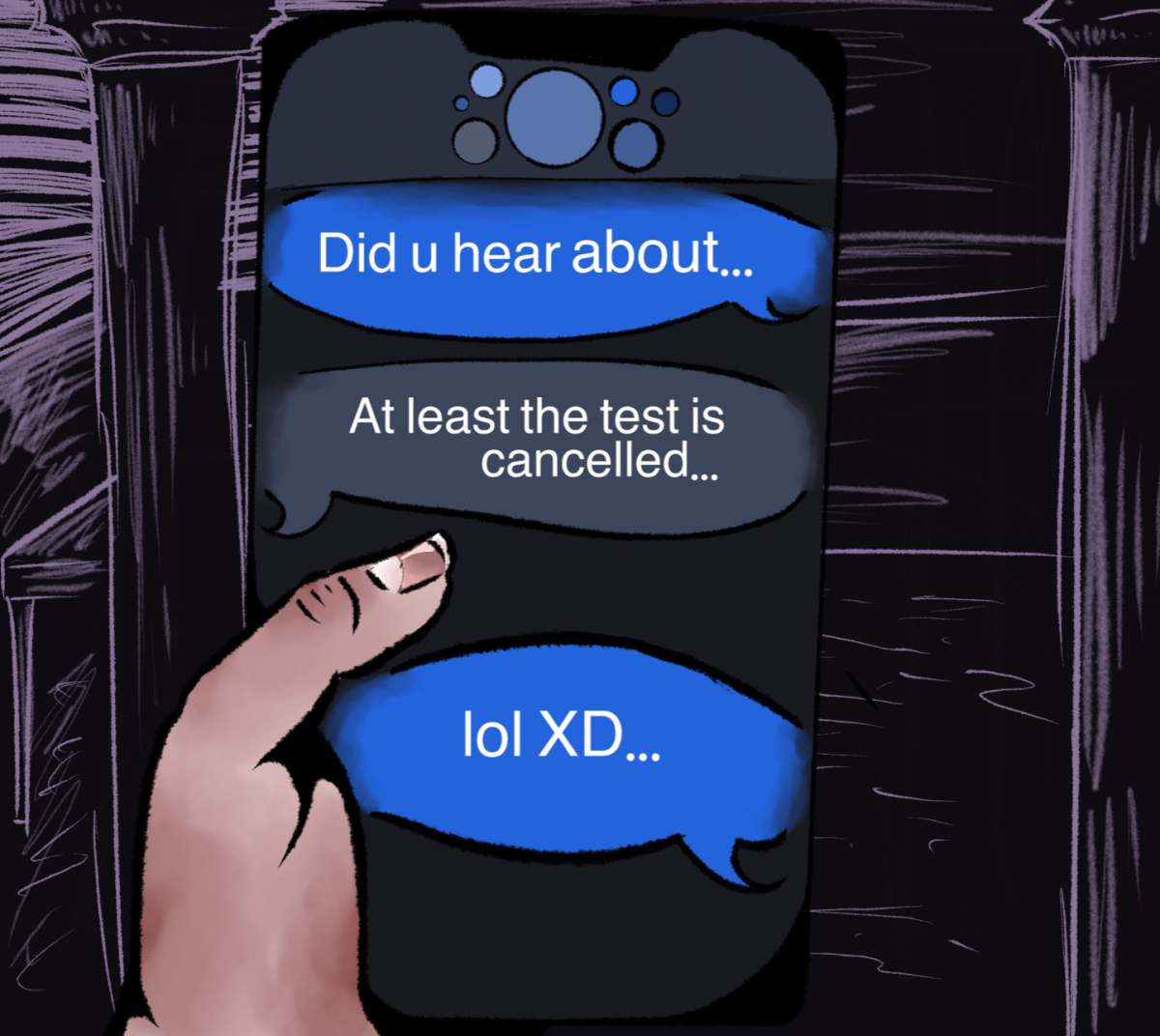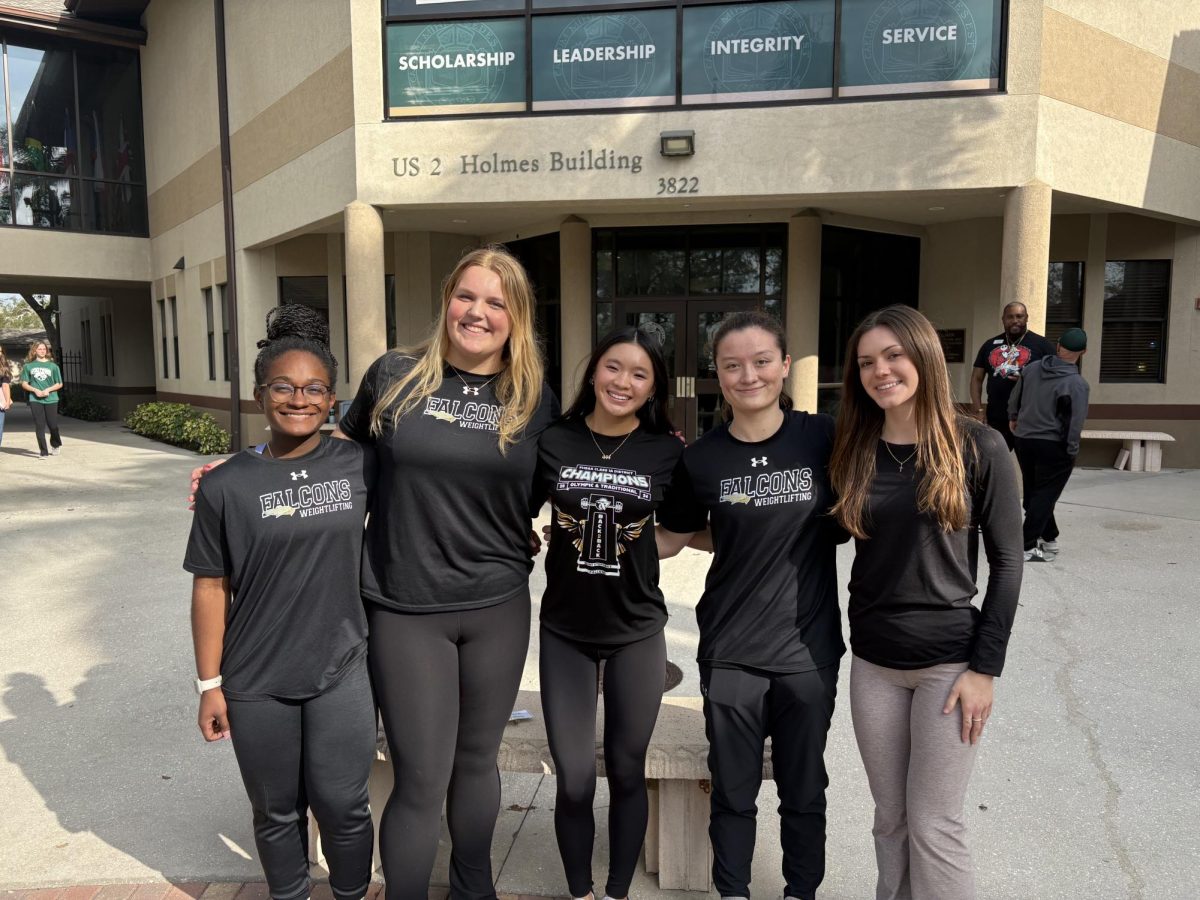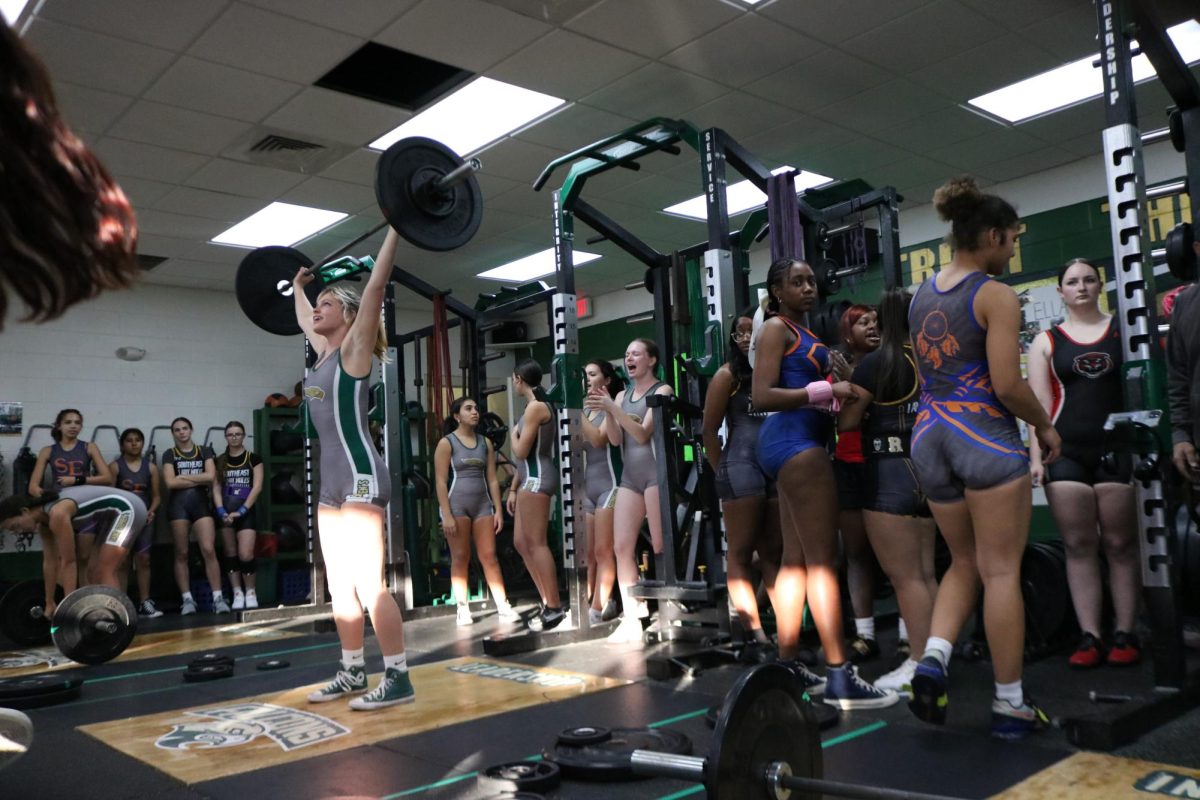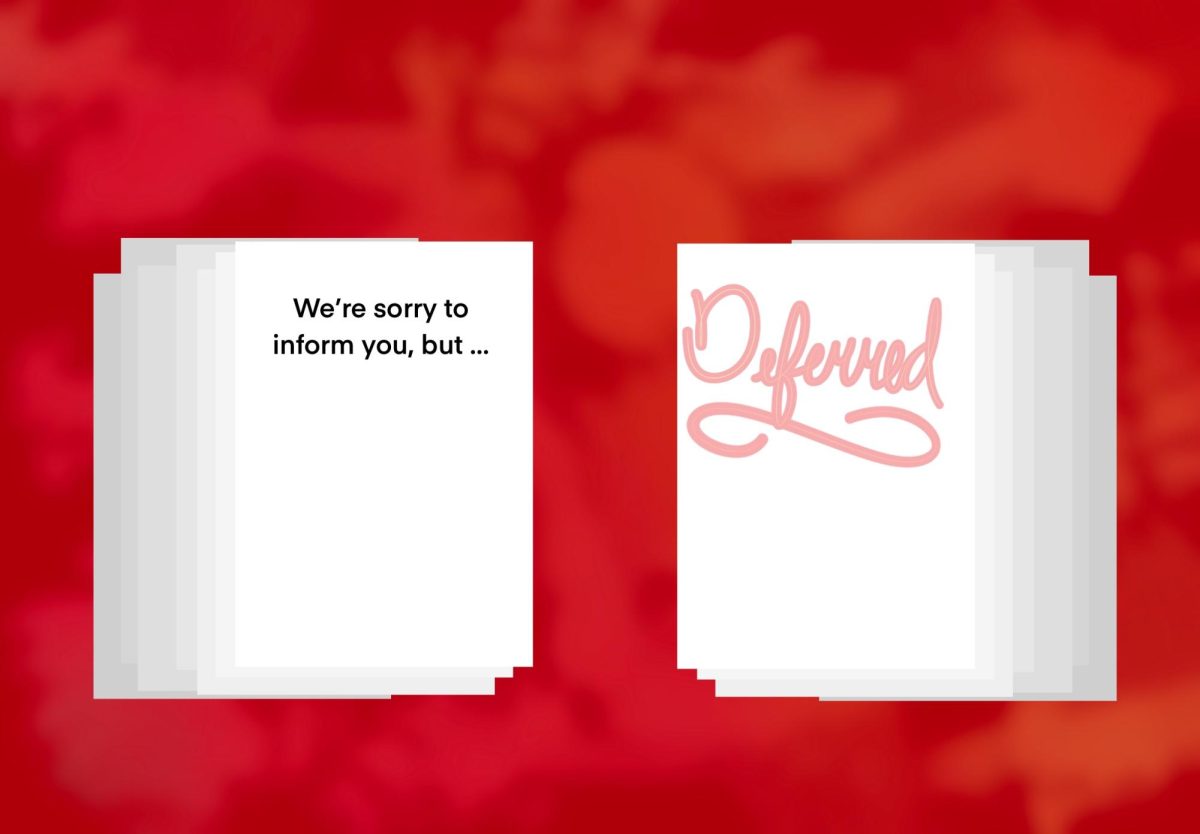Imagine opening your phone to a notification reading, “There has been an update to your Florida State University portal.” You eagerly sign in, awaiting the decision that could change your life. The tab is loading…, but there is no confetti. You quickly skim the letter until you see that one terrifying line: “We regret to inform you that…”
The school you had wanted to attend your whole life has rejected you.
This year, the college application process has seen the most drastic changes in terms of acceptance and rejection rates in recent history: an unprecedented number of rejections, a growing number of waitlists, and the widespread deferral rate are all indicators of the changing college admission process.
In a February email sent to the whole senior class to address applicants’ concerns, Head of College Counseling, Mrs. Trisha Hasbrouck, cited a recent Ivywise study and discussed the leading cause of the increased college rejections seen in 2024.
Hasbrouck cited:
“…applicants [often] focus on state schools, which are generally the more affordable option for students who live in the region…According to the Common App’s recent data, applications to its public member institutions have increased 82% since the 2019-20 cycle, while private member institutions have seen an increase of 47% in the same time period.”
This means that schools, especially those in the south and southeast, have, at times, nearly doubled the number of applications they would have received in 2020.
The result is that colleges are becoming more selective. State schools do not drastically increase their freshman class size depending on the number of applicants, so the acceptance rate plummets.
It is important for students and parents to understand what is affecting the process so they can form a realistic outlook—realizing that schools, which have always had a high acceptance rate, may have become significantly more selective this year.
According to another study in Ivywise, state schools’ acceptance rates have plummeted by nearly 20% since 2020. Some schools, such as the University of Tennessee, have decreased from a 75% to 33% acceptance rate in four years.
This drastic decrease has caused many seniors here at Saint Stephen’s and abroad not to receive admission into their state schools.
Mrs. Hasbrouck’s email discussed the emotions evoked by the immense deferral and rejection rate plaguing the class of 2024.
“The influx of deferrals, waitlists, and denials are unprecedented and are not supported by previous years’ data,” Hasbrouck said. “While this does not lessen the confusion, conflicting emotions, and disappointment, it does confirm that you are not alone in your feelings.”
The purpose of bringing this to light is to show that seniors struggling with rejection right now are not alone; many of your peers and friends have faced similar rejection and can sympathize with the pain involved.
Not everyone wants to hear advice when they’re dealing with disappointment, but some thoughts may help one handle rejection and take the next step to overcome the hard “no’s.”
The best advice I have received was from my college audition coach, who said: “Let it ruin your breakfast, maybe even your lunch, but don’t let it ruin your dinner.”
I can affirm that this advice holds true. Learning to not sulk in rejection allows you to refocus and overcome the “no.”
When one school says “no,” another says “yes,” so at the end of the day, focus on the “yes” and remember that where you go first semester is not the end-all-be-all.
You are in charge of your own future.


















































